According to a report by the Department of Animal Health (Ministry of Agriculture and Rural Development), in the first 9 months of 2024, Vietnam imported over 460,000 tons of meat and animal by-products for food, an increase of 4.2% over the same period in 2023.
Quarantine of imported meat and meat products in accordance with international practices
According to the report of the Department of Animal Health, in the first 9 months of 2024, Vietnam imported over 460,000 tons of meat and animal by-products for food, an increase of 4.2% over the same period in 2023. Implementing Circular No. 04/2024/TT-BNNPTNT, the quarantine agency tested for Salmonella and E.coli indicators on imported animal products.
Recently, at a meeting with the Ministry of Agriculture and Rural Development, agricultural counselors of various countries commented on Circular 04/2024 of the Ministry of Agriculture and Rural Development (amending and supplementing a number of articles of circulars regulating the quarantine of animals and terrestrial animal products) which slows down the registration of businesses in countries permitted to export meat and meat products to Vietnam; slows down the customs clearance of goods into Vietnam... Counselors are concerned that the circular will affect the opening of markets for new products, or that some products that have been exported to Vietnam are now being interrupted...
This shows that since Circular 04 took effect (May 16, 2024) up to now, there have been 64 batches (with more than 1,489 tons) positive for Salmonella, out of a total of 10,534 batches tested for Salmonella, accounting for nearly 0.61% of the total batches.
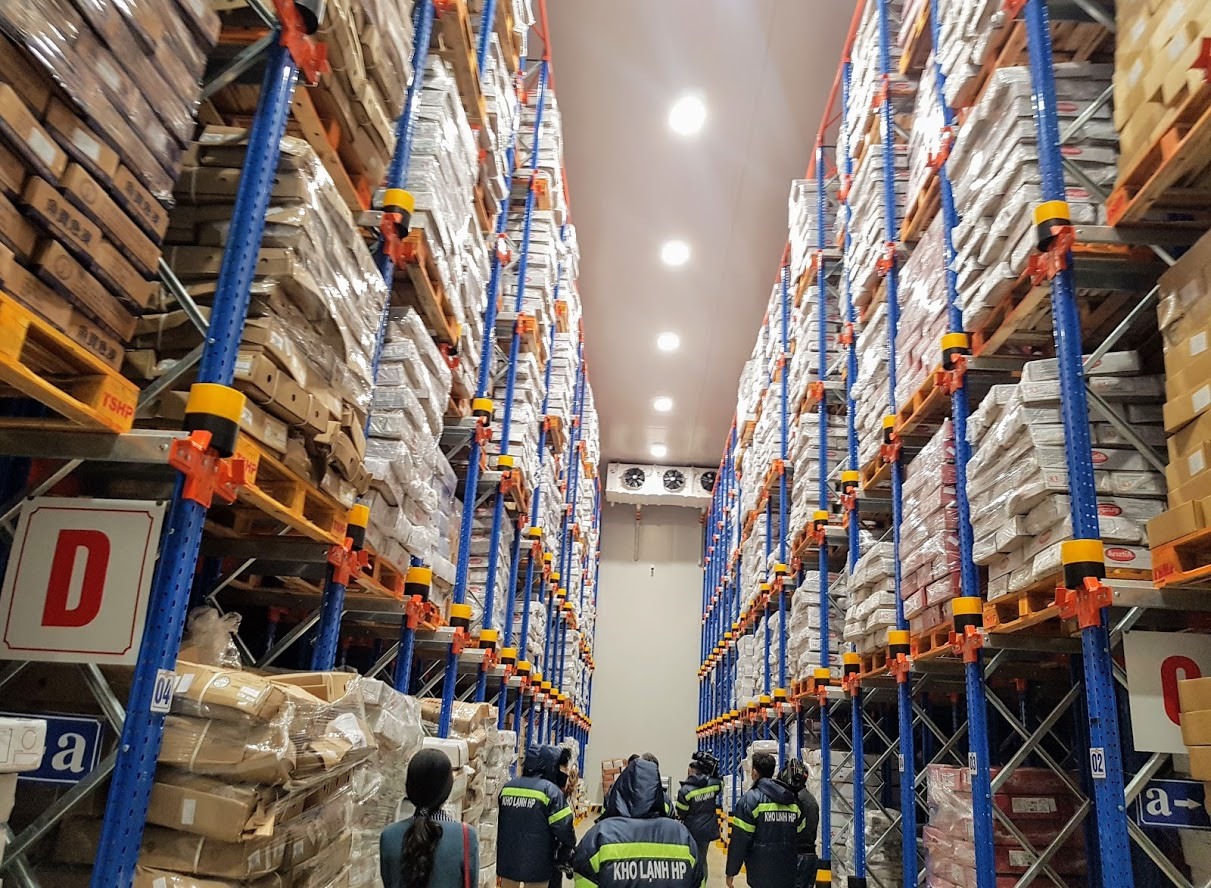
Imported pork at cold storage in Hai Phong. Photo: KV
Deputy Minister Phung Duc Tien directed the Department of Animal Health to continue to coordinate with counselors and veterinary agencies of other countries to thoroughly resolve problems related to the import of meat and meat products, especially those related to Circular 04. This will help both sides understand, cooperate and further promote trade.
"Thus, if Salmonella testing is not done, a large amount of animal meat contaminated with Salmonella will be imported into Vietnam, with a very high risk of causing epidemics, food safety loss, and affecting the health of Vietnamese consumers," said Mr. Chu Nguyen Thach - Head of Animal Quarantine Department, Department of Animal Health.
Regarding the opinion that Circular 04 "makes it difficult" even for products that are eligible for export to Vietnam, Mr. Nguyen Van Long - Director of the Department of Animal Health affirmed that there is absolutely no impact on products that have been exported to Vietnam. If there is any impact, it is only the need to provide specific product information. The current problems mainly occur with by-products and products that are not included in veterinary agreements as well as HC (quarantine certificate) forms between Vietnam and other countries.
Mr. Nguyen Van Long also pointed out the fact that many products not yet on the list have been exported to Vietnam, causing difficulties in completing procedures for Vietnamese customs. Recently, the Department of Animal Health has worked with Germany and the Netherlands to specifically resolve difficulties in import procedures for meat products related to Circular 04. In October and November, the Department of Animal Health continued to work directly with countries, not just through documents.
"In principle, if the product is not included in the veterinary agreement of the two countries, not on the list, the importing country has the right to refuse quarantine. But to avoid trade impacts, in many cases the Department of Animal Health has discussed with the Counselors of the countries" - Mr. Nguyen Van Long informed.
Regarding new businesses registering to export to Vietnam, Mr. Nguyen Van Long informed that the Department of Animal Health has received 340 applications from over 20 countries. The Department has completely processed 285 applications, accounting for 83%. There are some applications that Vietnam requires additional information because they do not meet Vietnam's requirements as well as international practices. The international basis that Vietnam applies is the veterinary regulations of the World Organization for Animal Health, which is that countries need to prove that the area and facility are disease-free.
"When processing documents, Vietnam not only bases on food safety but also on disease safety. This is completely consistent with the regulations of the World Organization for Animal Health. The processing of new documents is always resolved in the spirit of mutual benefit," Mr. Nguyen Van Long informed.
In response to the counsellors’ comments that quarantine causes goods to be cleared slowly, increasing costs for businesses, Mr. Nguyen Van Long stated that over 99% of imported shipments are negative and undergo import quarantine within 1-3 days. Only about 1% of animal product shipments are positive, requiring isolation and culture to confirm and taking 7-8 days. This is also to avoid causing damage to businesses if only based on test results.
Cooperate and promote agricultural trade with other countries
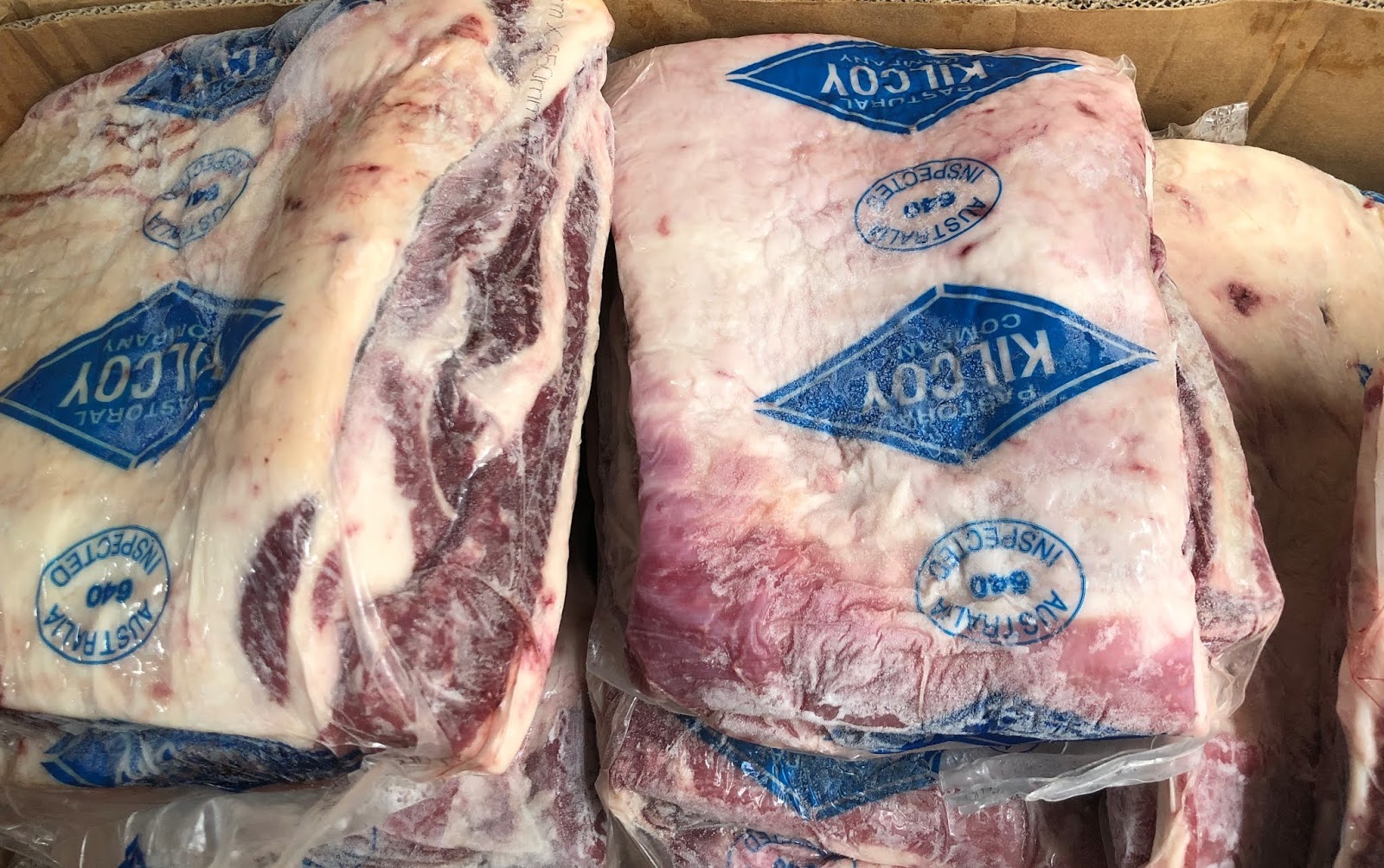
Australian beef products imported into Vietnam. Photo: PV
Recently, the quarantine of imported animal products into Vietnam has encountered some difficulties and problems due to the lack of uniformity in product names. To resolve this issue, Mr. Chu Nguyen Thach said that the Department of Animal Health has sent a document to the Embassies and competent authorities of the countries requesting an update of the list of animal products with specific names to ensure consistency between: List of countries, exporting enterprises and animal products with specific names for each type of product; quarantine certificate of the exporting country; application of enterprises registering to import animal products; import quarantine certificate of Vietnam; HS code for each animal product according to the provisions of Circular No. 01/2024/TT-BNNPTNT and Circular No. 04/2024/TT-BNNPTNT.
At a meeting with agricultural counselors from the United States, Brazil, the United Kingdom, France, South Korea, Italy, Spain, Argentina, Denmark and the Netherlands on promoting agricultural trade, Deputy Minister of Agriculture and Rural Development Phung Duc Tien also informed that in 2024, the number of food poisoning cases in Vietnam did not increase but the number of people poisoned increased very high. The main cause was Salmonella. Good control of Salmonella has helped reduce the number of people and cases of poisoning significantly.
According to Deputy Minister Phung Duc Tien, Vietnam is currently a major agricultural exporter in the world. Vietnam must also comply with strict regulations of other countries in exporting. With the spirit of seeking knowledge for better two-way trade cooperation, the Deputy Minister hopes to continue to have coordination between the counselors and veterinary agencies of other countries with the veterinary agencies of Vietnam. Thereby, creating favorable conditions for agricultural trade between Vietnam and other countries.
Source: https://danviet.vn/da-co-460000-tan-thit-va-phu-pham-dong-vat-duoc-nhap-ve-viet-nam-trong-9-thang-nam-2024-20241028164510605.htm




![[Photo] Prime Minister Pham Minh Chinh works with the Standing Committee of Thai Binh Provincial Party Committee](https://vphoto.vietnam.vn/thumb/1200x675/vietnam/resource/IMAGE/2025/5/12/f514ab990c544e05a446f77bba59c7d1)
![[Photo] Buddha's Birthday 2025: Honoring the message of love, wisdom, and tolerance](https://vphoto.vietnam.vn/thumb/1200x675/vietnam/resource/IMAGE/2025/5/12/8cd2a70beb264374b41fc5d36add6c3d)
![[Photo] Prime Minister Pham Minh Chinh starts construction of vital highway through Thai Binh and Nam Dinh](https://vphoto.vietnam.vn/thumb/1200x675/vietnam/resource/IMAGE/2025/5/12/52d98584ccea4c8dbf7c7f7484433af5)



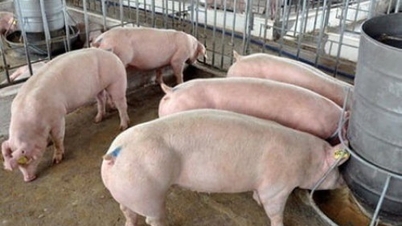

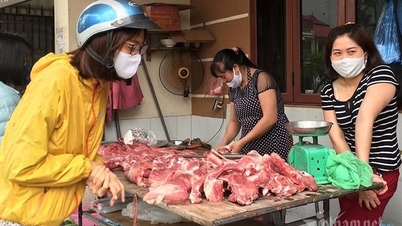




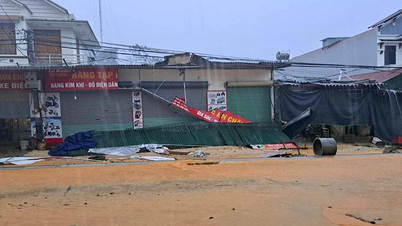
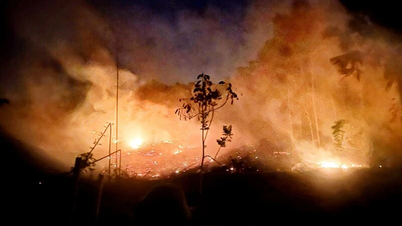

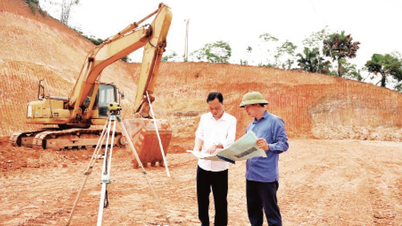
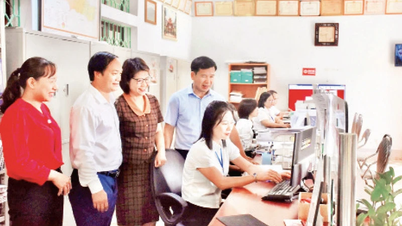







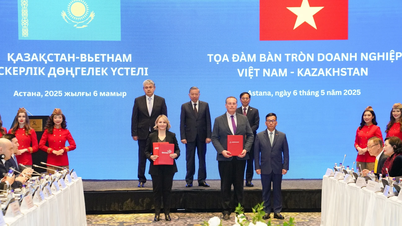

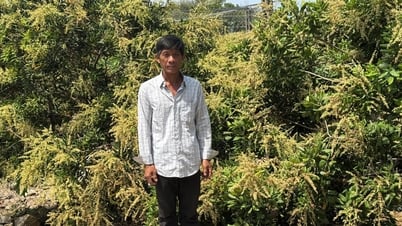





















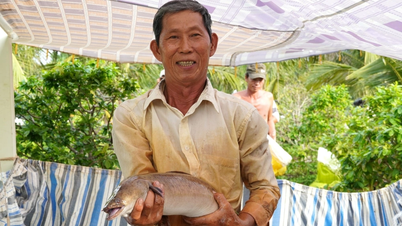





























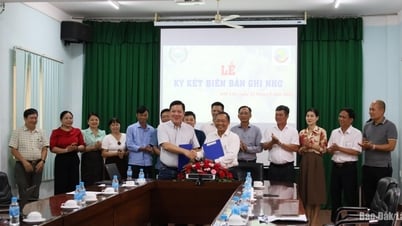
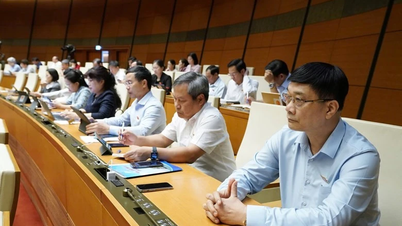















Comment (0)